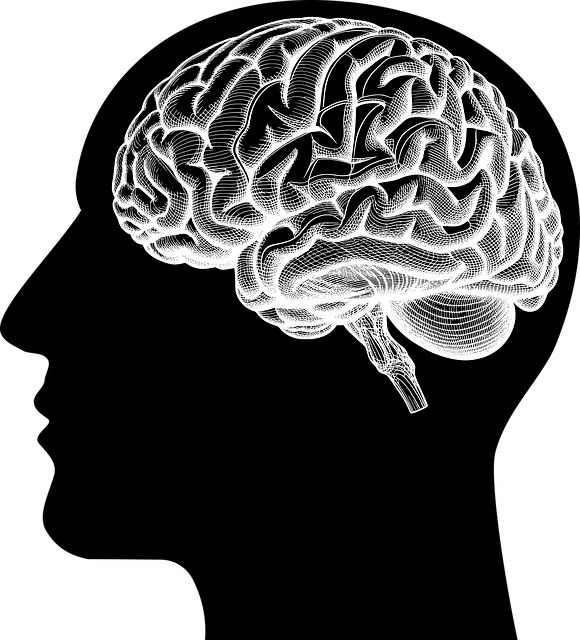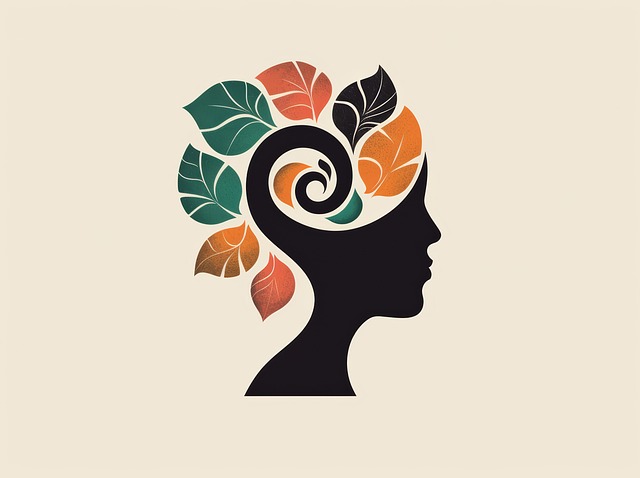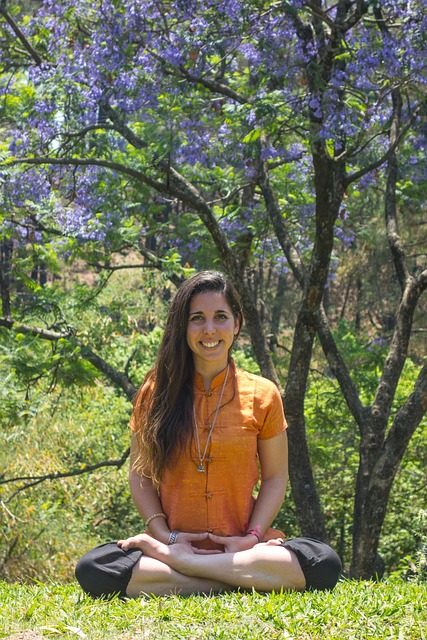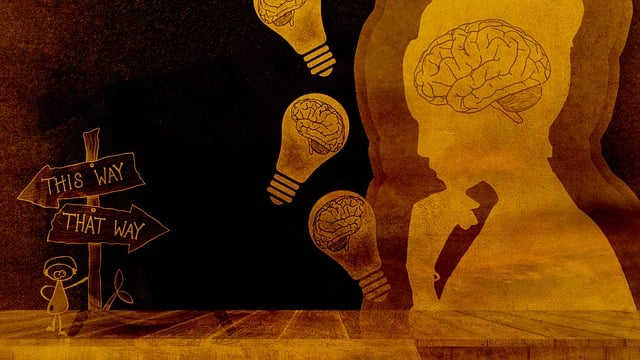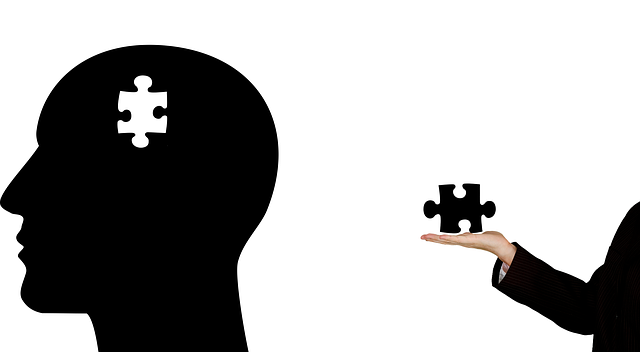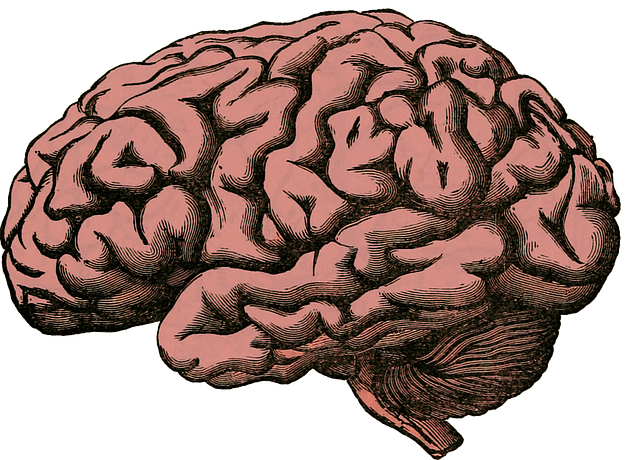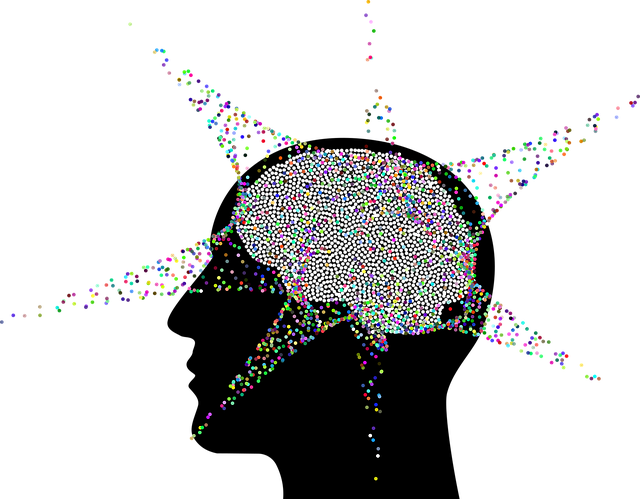Mental wellness groups for Aurora Adjustment Disorder (AAD) thrive on open, supportive conversations led by skilled facilitators. These sessions empower individuals through experience sharing, peer support, and emotional intelligence development. By using techniques like active listening and reflective questioning, facilitators create a safe space encouraging trust and emotional resilience. Structured activities, mental wellness podcasts, and public awareness campaigns enhance engagement and deepen discourse on mental health. This integrated approach combines AAD therapy with community building, providing practical tools for stress management and fostering individual well-being.
Mental wellness group facilitation is an art that empowers individuals through collective support. This article explores dynamic techniques for professionals guiding therapeutic groups, focusing on Aurora Adjustment Disorder Therapy integration. By understanding group dynamics and adopting specific communication strategies, facilitators create safe spaces fostering engagement and healing. We delve into the role of facilitators, offering insights on engaging members, building trust, and implementing evidence-based practices, ultimately enhancing mental wellness outcomes in group settings.
- Understanding Mental Wellness Group Dynamics
- Role of a Facilitator in Group Therapy Sessions
- Techniques for Effective Communication and Engagement
- Strategies to Foster Safe and Supportive Environments
- Integrating Aurora Adjustment Disorder Therapy into Group Settings
Understanding Mental Wellness Group Dynamics

Understanding Mental wellness group dynamics is a nuanced art that involves facilitating open and supportive conversations among individuals with shared experiences or similar challenges. In an Aurora Adjustment Disorder Therapy setting, group facilitators play a pivotal role in fostering an environment where members feel safe to express their feelings, share coping strategies, and offer mutual support. This collective approach leverages the power of community to enhance emotional intelligence, promote healing, and cultivate resilience.
Public Awareness Campaigns Development and Mental Wellness Podcast Series Production can further enrich these groups by amplifying key topics, sharing success stories, and providing accessible resources. By integrating diverse communication channels, facilitators can engage a broader audience, encourage participation, and contribute to the ongoing discourse around mental wellness, ultimately enriching the group experience and enhancing individual well-being.
Role of a Facilitator in Group Therapy Sessions

In group therapy sessions, the facilitator plays a pivotal role in creating a safe and supportive environment that encourages open communication. They are responsible for guiding the discussion, ensuring all voices are heard, and facilitating meaningful interactions among members. A skilled facilitator uses techniques like active listening, reflective questioning, and consensus-building to foster a sense of belonging and understanding. By promoting peer support and sharing of experiences, these sessions help individuals with mental health challenges, such as those struggling with Aurora Adjustment Disorder, to develop coping strategies and enhance their overall well-being.
The facilitator’s role extends beyond mere moderation; they must possess strong interpersonal skills to build rapport with group members. This includes fostering a non-judgmental atmosphere, adapting to diverse personalities, and addressing potential conflicts. By implementing confidence-boosting activities and incorporating stress management techniques, facilitators can empower participants to take charge of their mental health. Moreover, they may also serve as advocates for Mental Health Policy Analysis and Advocacy, ensuring that the group’s needs are reflected in broader community resources and initiatives.
Techniques for Effective Communication and Engagement

Effective communication is a cornerstone of successful group facilitation, especially when addressing mental wellness. Facilitators should encourage open dialogue and create a safe space where members feel comfortable sharing their experiences and perspectives. Techniques such as active listening, reflective listening, and open-ended questioning foster an environment of trust and understanding. By acknowledging and validating individual feelings and thoughts, facilitators can help group members build emotional resilience, a key aspect of managing conditions like Aurora Adjustment Disorder.
Engagement is another critical element. Incorporating interactive activities, group discussions, and even creative exercises into sessions enhances participation. This active involvement not only improves retention but also allows for the exploration of different coping strategies. Facilitators can leverage mental wellness podcast series production techniques to structure engaging content, ensuring that each session offers valuable insights and practical tools for emotional regulation. Moreover, risk management planning is essential for professionals; it helps anticipate potential challenges and ensures the well-being of both facilitators and group members.
Strategies to Foster Safe and Supportive Environments

Creating a safe and supportive environment is essential for effective mental wellness group facilitation. This involves establishing ground rules that emphasize respect, confidentiality, and active listening from the outset. Facilitators should encourage open communication by fostering an atmosphere where participants feel comfortable sharing their experiences without fear of judgment or repercussions. Techniques like using inclusive language, validating emotions, and reflecting back sentiments can help build trust within the group dynamic.
Additionally, incorporating structured activities such as Mindfulness Meditation and Stress Management Workshops Organization can further enhance this safety net. These practices not only promote relaxation and stress reduction methods but also serve as powerful tools for building camaraderie among members. By integrating these techniques seamlessly into sessions, facilitators can create an environment that encourages emotional expression, fosters understanding, and ultimately supports the mental wellness journey of each participant, reflecting the core principles of Aurora Adjustment Disorder Therapy.
Integrating Aurora Adjustment Disorder Therapy into Group Settings

Integrating Aurora Adjustment Disorder Therapy (AADT) into group settings offers a unique and effective approach to mental wellness facilitation. This therapeutic method, designed to address adjustment disorders, can be adapted to foster a supportive environment for individuals dealing with various mental health challenges. Group sessions allow participants to share experiences, gaining insights from one another’s journeys, which is a powerful aspect of AADT. Facilitators can guide discussions, encouraging members to explore their emotions and adapt coping strategies in a collective space.
Community Outreach Program Implementation and Mental Illness Stigma Reduction Efforts are enhanced through such group settings. By combining AADT techniques with structured group activities, facilitators can provide practical tools for managing stress, anxiety, or trauma. Moreover, mental wellness journaling exercises guided by professionals can be incorporated to help individuals process their thoughts and emotions, fostering self-awareness and personal growth within the group dynamic.
In conclusion, effective mental wellness group facilitation involves a complex interplay of understanding group dynamics, mastering communication skills, and creating safe spaces. The techniques discussed, including strategies for engagement and the integration of Aurora Adjustment Disorder Therapy, equip facilitators to navigate diverse challenges and foster meaningful therapeutic experiences. By adopting these practices, professionals can enhance group cohesion, encourage open dialogue, and promote healing in a supportive environment.
